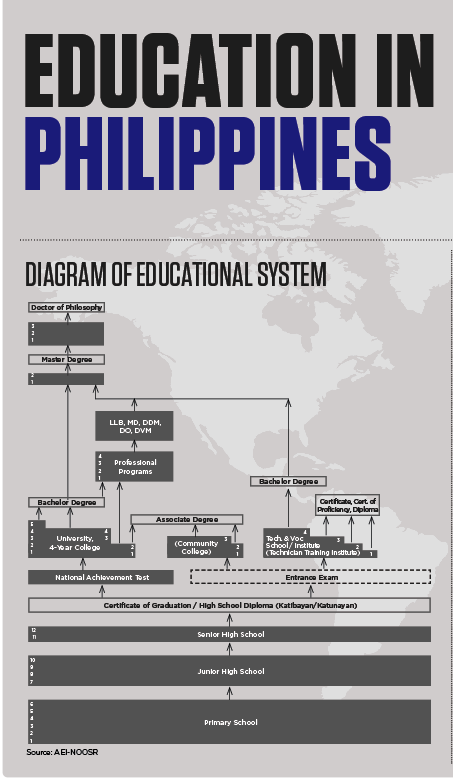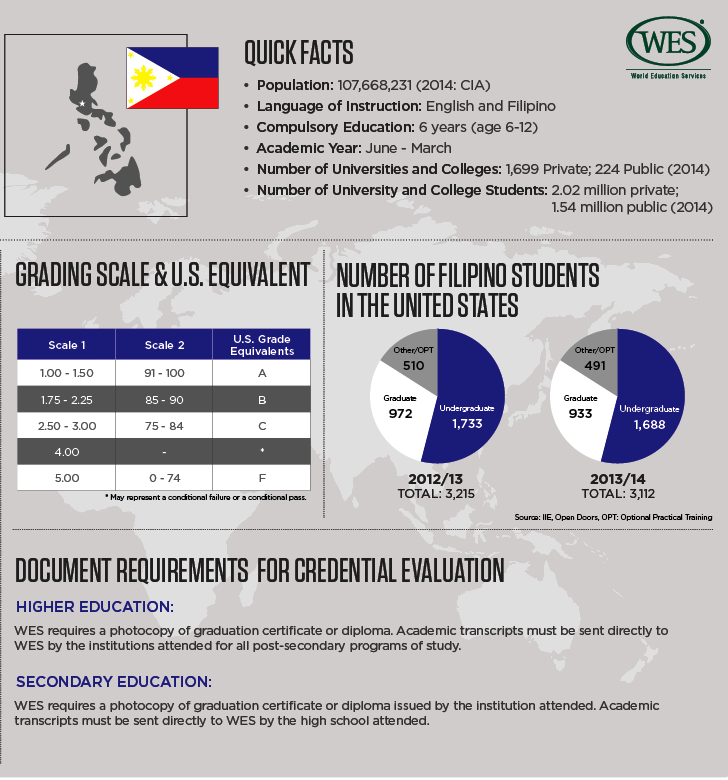Drivers and operators of UBER System Inc., gather and meet outside its main office in Mandaluyong City, August 15 2017, a day after the Land Transportation and Franchising and Regulatory Board suspended its accreditation and operation. Photo: Manila Bulletin The LTFRB late Friday night (25th August 2017) announced...



















